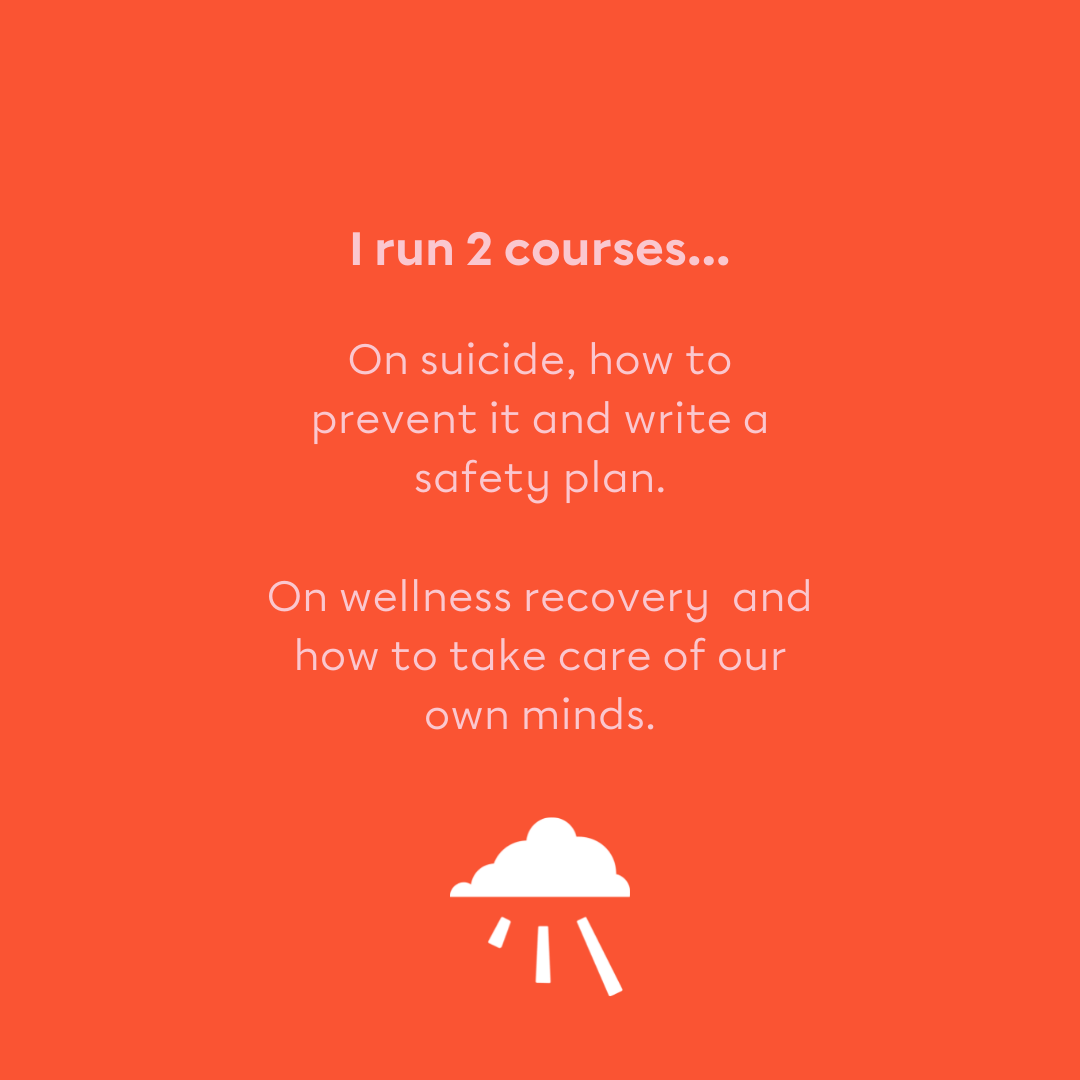I’m a community mental health nurse. I’ve worked in mental health for over 36 years and it’s something I absolutely love. It’s a real privilege and I’m really passionate about it. Thanks for the questions you sent in, I’ll try answer them today.
What’s the difference between mental health and mental illness? We all have mental health, it’s a combination of emotional, physical, social, work, financial and community wellbeing connected by our own identity, values and strengths, and mental illness affects disrupts our everyday life affecting different aspects of our wellbeing.
How do you become a mental health nurse? You need to go to University and study for 3 or 4 years depending on the University, however if you don’t have the initial qualifications so can initially access through colleges.


